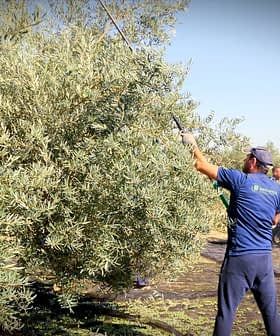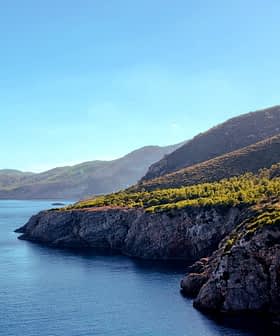Global Olive Oil Giant Deoleo at Brink of Dissolution
The company will sell a factory in Antequera and plans to dismiss of workers in its offices and industrial factories in Spain.
The Spanish multinational olive oil processing company Deoleo, the world’s largest bottler of brands like Carbonell, Hojiblanca and Kiope sold in more than 80 countries, is faltering.
The company ended 2016 with a loss of €179 million and such figures have placed the firm in a state of near dissolution, according to several reports in the Spanish press.
The company has registered deteriorated assets of €96.3 million in a bid to restructure itself toward a stable financial base.
Due to the price increase of the olive oils at their origin, the company’s turnover fell to €695.2 million in 2016, a 15 percent drop. At the same time, sales dropped by 22 percent as a consequence of a strategic decision to make profitable sales a priority.
The company ended the fiscal year with net financial debt of €533 million, which was only 1.5 percent higher than 2015, and the debt was lower in the final trimester of 2016 than it was in the trimester the year before.
The operating assessment was positive for the company with a gross operating profit (Ebitda) of €46.1 million, an increase of 30 percent, in 2016. Meanwhile, the Ebitda/sales margin experienced an increase of 52.4 percent in respect to the former tax year, which demonstrated the company’s focus to improve profitability, the reports said.
The Spanish multinational also had a good financial result with its business unit in southern Europe that saw a tripling of the Ebitda in 2015, placing its figure at €15.8 million.
Deloeo has stated that its strategy is focused on consumers’ needs and the quality of its products. The multinational said it had begun the adjustment of the group’s assets and other resources in order to follow through on its objective to provide quality olive oils to its customers.
The company has decided to sell a factory in the Spanish city of Antequera and it has a new plan for the Italian factory in Inveruno and, at the start of this year, it plans to dismiss of workers in its offices and industrial factories in Spain.
Spain is the leading global producer of olive oils and the reshaping of Deoleo — the world’s largest olive oil company — is seen as an important bellwether for the sector’s success in the long term.








